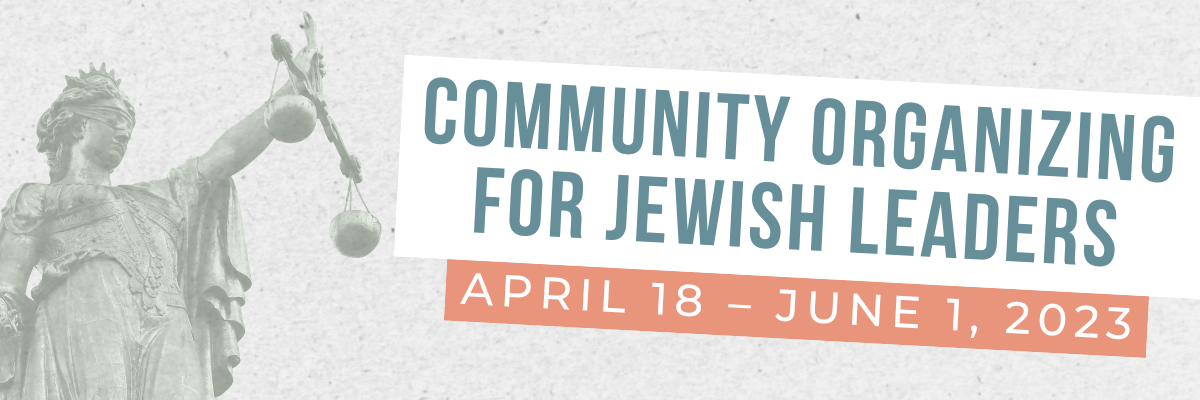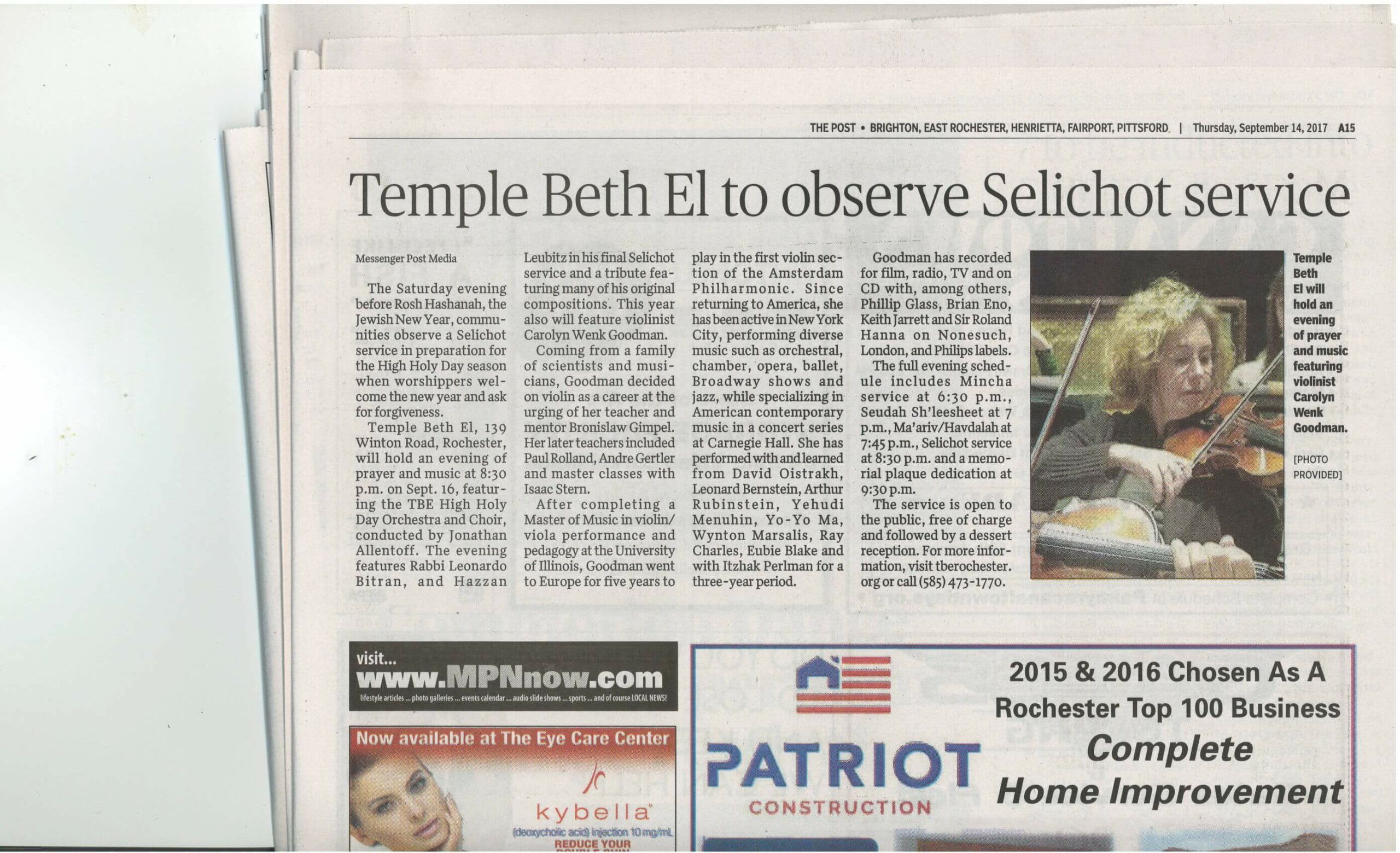Judaism today is not the same as Judaism 2000 years ago, 200 years ago, or even 20 years ago. Judaism has evolved along with civilization at large. Movements have come and gone, some maintaining to their last gasp that only they represent “authentic Judaism.” Multiple Jewish movements continue to thrive today despite vastly different viewpoints. Clearly, then, authenticity does not require conformity to a single standard, nor does it require absolute prohibition of change. Lacking a single, agreed standard of practice and belief, authentic Judaism is one that acknowledges multiple variations on a theme, the theme of Torah, mitzvot and our covenant with the Almighty.
Redacted in language that was understood by the ancients, Torah has enjoyed millennia of study, interpretation, and love. The interpretations contained in our sacred texts not only created temporal layers of clarification and expansion for their own generations, but also set down procedures, rules, and guidelines to advise future change. Authentic Judaism finds ways to evolve within that wise logical framework, meeting needs and challenges that could not have been imagined by our forebears. Authentic Judaism adapts to today without rejecting yesterday. Authentic Judaism rejects the fundamentalist credo that all change is bad, but acknowledges that change is often difficult. Therefore, authentic Judaism takes change seriously and cautiously, pacing itself to suit, but not necessarily to match, the pace of change in society at large. Authentic Judaism does not reject tradition, nor does it seek change for its own sake. It is fundamentally conservative while remaining responsive to the world in which it lives. And through that care and thoughtfulness, and that acceptance that things do change, Judaism becomes dynamic while remaining authentic.



